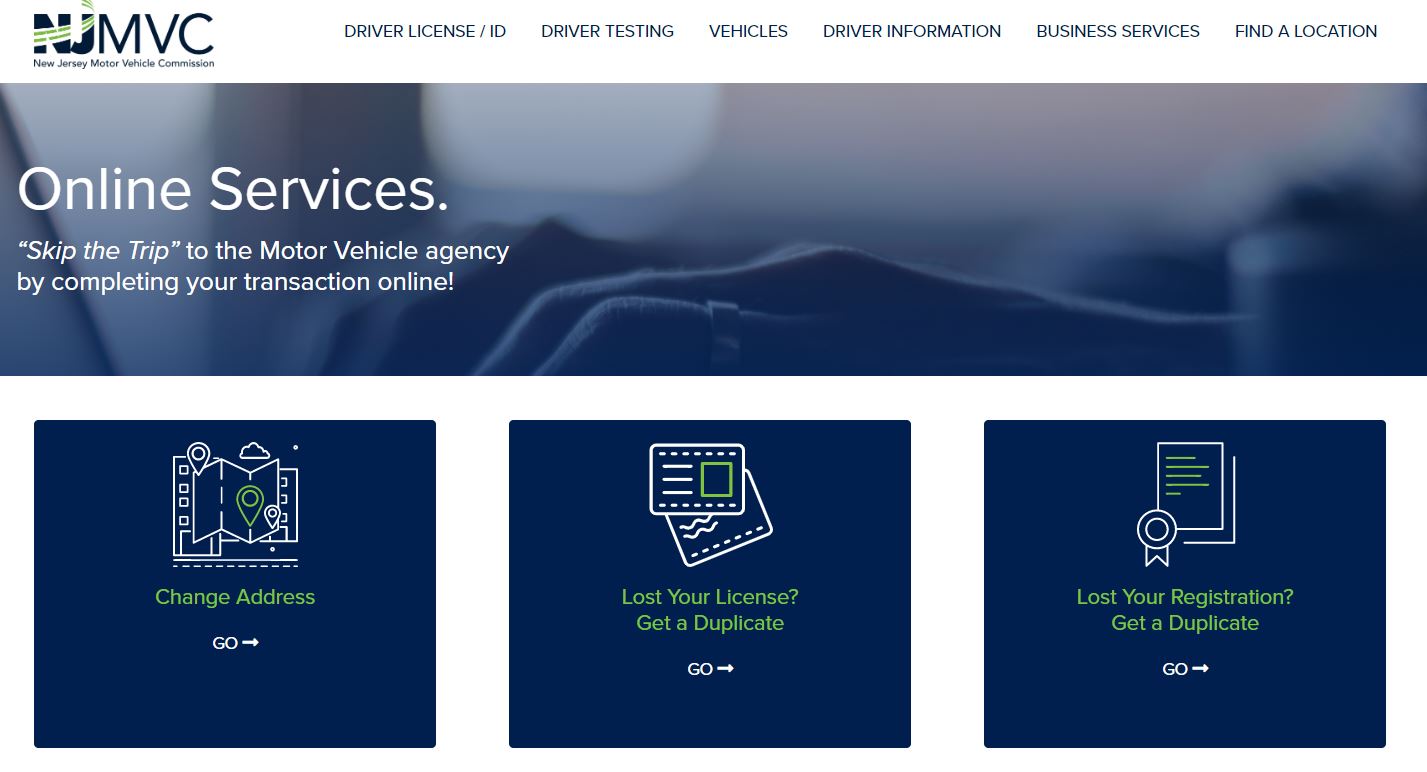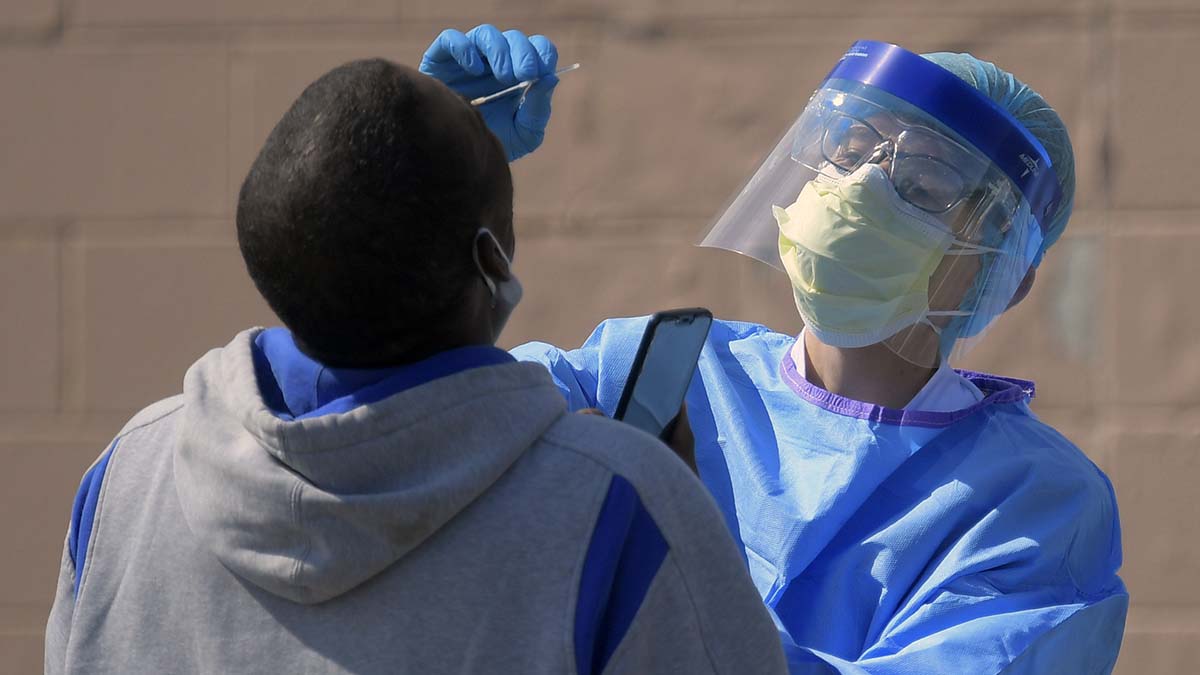What to Know
- New Jersey Gov. Phil Murphy says that starting next week nonessential businesses can reopen for curbside pickup and nonessential construction projects can resume statewide.
- Murphy said Wednesday that businesses, which have been shuttered since March because of the COVID-19 outbreak, can open for people to pick up goods starting at 6 a.m. Monday under a new executive order.
- Murphy said the state’s coronavirus trends are headed in the right direction, but the state isn’t in the clear yet.
New Jersey will allow nonessential construction projects and curbside pickup at retail stores next week as COVID-19 infections and hospitalizations trend downward, the governor announced Wednesday. Drive-up religious services can begin immediately.
Retailers can sell goods for pick starting at 6 a.m. Monday under a new executive order Gov. Phil Murphy intends to sign Wednesday. Customers won't be allowed inside the stores, but can make orders online or over the phone. Nonessential retail has been shuttered since March.
“This is a step in a positive direction for all those retailers who were deemed to be nonessential," Murphy said. "I think it’s a responsible one. We just don’t want people congregating. I just don’t know how else to say it.”
Construction can resume Monday morning at sites across the state as long as strict social distancing procedures are followed. Foremen must stagger work hours and breaks, ensure proper sanitation and clearly post safety protocols.
Drive-in and drive-thru events like drive-in movies and religious services are permitted so long as all participants remain in their cars, Murphy said, clarifying his March stay-at-home executive order. If the cars are less than 6-feet apart, all windows must remain closed.
Drive-by and drive-in graduation celebrations are allowed so long as people stay in their cars, Murphy said.
As of Wednesday, New Jersey had reported the second most COVID-19 cases of any state with more than 142,000 confirmed cases (about 1,000 new cases reported since Tuesday) and at least 9,702 coronavirus-related deaths (about 200 news cases reported).
While the totals are stark, the daily counts have been on a downward trend. Since the peak of the outbreak, hospitalizations, patients in the ICU, positive cases and deaths are all down, Murphy noted. The total number of COVID-19 patients on ventilators has remained under 1,000 now for four days.
Murphy said the state's coronavirus trends are headed in the right direction, but the state isn't in the clear yet. The loosening of the shutdown is possible because social distancing has been effective and the state has increased testing.
"We are not out of the woods yet," Murphy said. "When compared to other states, we see that New Jersey still bears a significant burden from COVID-19 So, keeping up with social distancing is essential as we move forward."
Tom Bracken, the head of the state Chamber of Commerce said it's too early to know whether the governor's timing was right. He called the reopening of some business a “step in the right direction.”
“He’s the CEO of New Jersey, and he has made a decision on what will drive openings based on the data. I think anybody could disagree or agree with what he’s done," Bracken said. “I think the real test of that will be how quickly we get up and running, how quickly the plan that’s being worked on now will be implemented and how quickly we can get back to some sense of normal."
Murphy called the reopenings and restarts part of what he dubbed the "Road Back" from coronavirus shutdowns. On Tuesday, he took a step on that road by laying out an aggressive testing and contact tracing plan that will help the state use data in its actions.
Since Tuesday, thousands of people had signed up to be contact tracers, state officials said.
Decisions on beaches reopening, elective surgeries returning and the July 7 primary possibly becoming mail-only are likely to come this week as well, Murphy said.
"Over the coming days and weeks, we'll be able to take more steps," Murphy said. "We’re moving slowly and deliberately because any misstep risks further outbreaks. When public health tells us it is safe to remove a restriction, we’ll remove it. Not a moment before. Not a moment after."
More Children With Mysterious Condition
New Jersey now has nearly 20 reported patients with systemic inflammatory response syndrome, a mysterious condition that affects children and is believed to be related to COVID-19.
Health Commissioner Judy Persichilli on Thursday dropped the total number of probable cases from 18 to 17. Those affected are between two and 18 years old and live mostly in the northern and central regions of the state. Four have tested positive for COVID-19, Persichilli said, though it wasn’t clear how many of the 17 have been tested. She said there has been no definitive link so far.
The syndrome affects blood vessels and organs and has symptoms similar to Kawasaki syndrome and toxic shock, and is marked by persistent fever, rash, abdominal pain and vomiting. Experts say it can appear weeks after a child has recovered from COVID-19, often without being diagnosed.
Revenue Down by Billions
The need to get retailers back in business is made evident by the revenue shortfall in New Jersey.
State revenue collections in April were down 60% compared with April 2019. Total tax collections were $2.3 billion, down an “unprecedented" $3.5 billion, the treasury said in a statement.
For the year, total collections are down about 8%. That's because before the COVID-19 outbreak, collections were running ahead of last year, the treasury said.
Murphy and lawmakers bumped the state budget deadline to Sept. 30, from June 30. Murphy hasn't detailed how he would close budget holes, but has repeatedly called for direct aide to the state from the federal government.
The state budget finances government and public pensions, but also doles out billions of dollars to local school districts, which helps take pressure of locally levied property taxes, along with dozens of other programs.
Murphy has been under increasing pressure, including from fellow Democrats in the Legislature, to restart businesses. But Murphy said it was the declining figures and not the bleeding state budget that led him to reopen some businesses.
"These numbers are a sobering reminder that the COVID-19 impact is not limited to the health of our people, but also to the health of our state’s finances."



